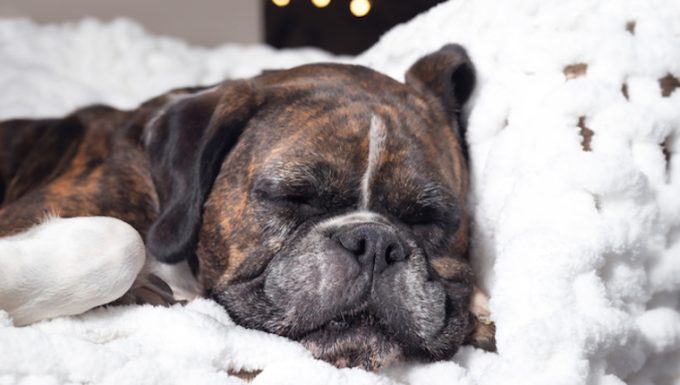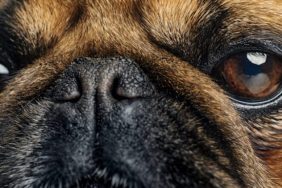Nasal passage narrowing in dogs happens when part of the nasal passage is narrower than normal. The condition causes breathing problems like snoring.
The condition is often caused by inflammation issues. Although, thankfully, the condition is not that common in dogs and can be treated.
Technically, the condition is also known as nasopharyngeal stenosis in dogs.
…









